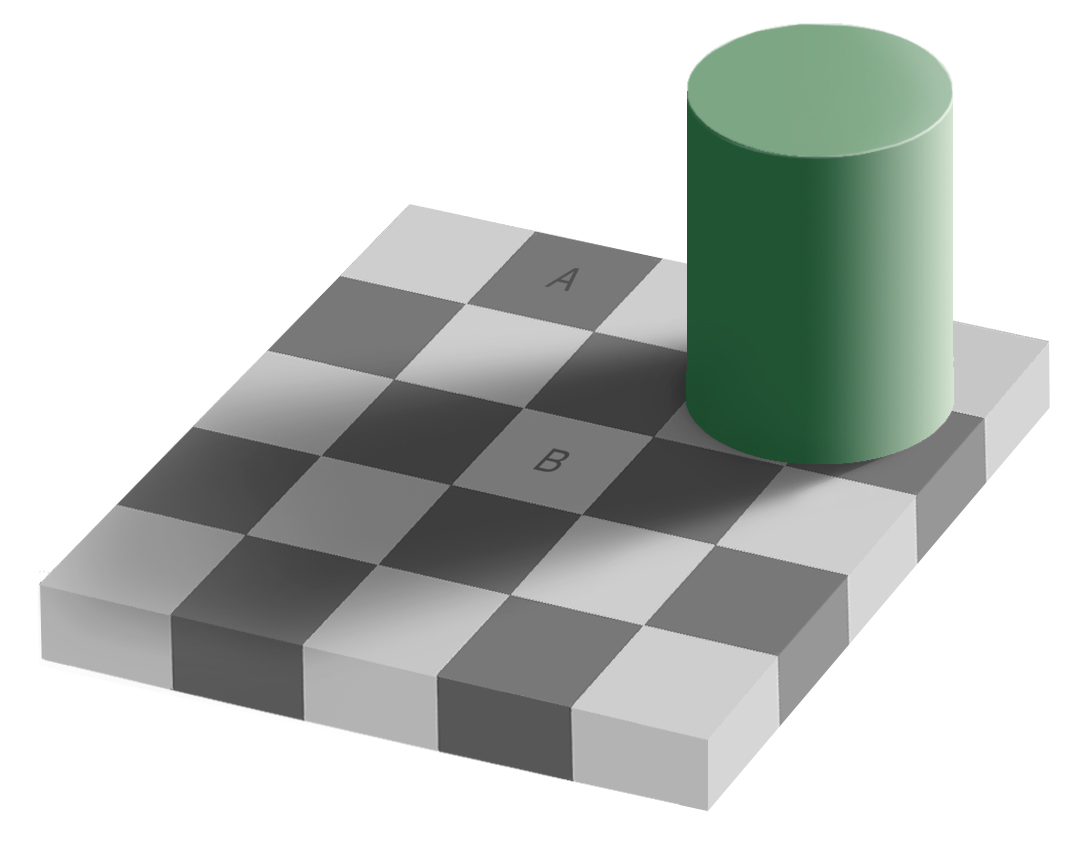Experiencing Phenomenology: Experiencing Events
[ There’s an academic strike in the UK this week (details here) so I’ll be offline for Wednesday and Thursday. What I thought I’d do is throw out two more posts today, then get to responding to any comments on Friday. Joel ] The clock on my office wall has …







